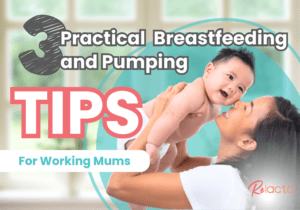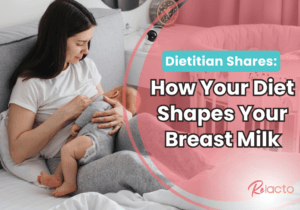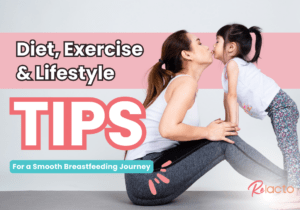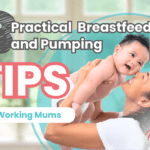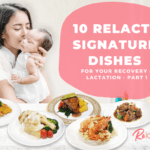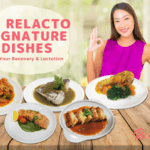Dietitian Shares: Vitamin D Deficiency Among Women in Singapore
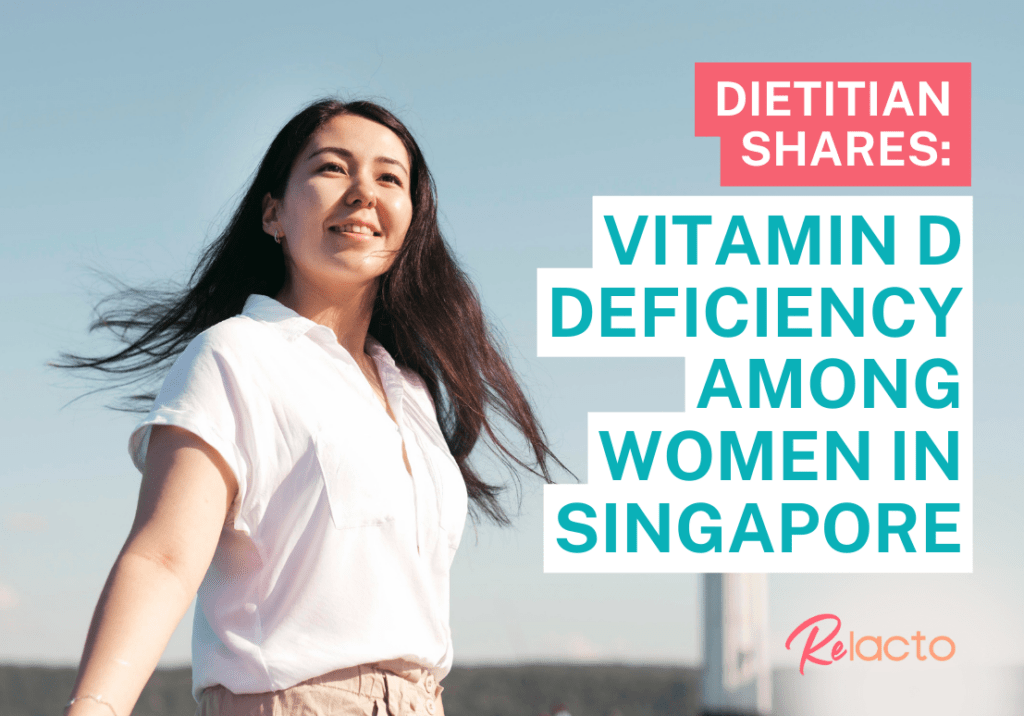
2010 National Health Survey Singapore reported Vitamin D deficiency is as high as 40% in the general population. In a GUSTO study published in 2015, out of 940 pregnant women, there was a 40% prevalence of Vitamin D inadequacy and deficiency despite having more than 70% of these women taking supplements containing Vitamin D and calcium throughout the pregnancy.
Vitamin D is essential for healthy bones. It helps calcium to be absorbed into the bones to maintain bones’ healthy structure. Vitamin D is also needed for other functions like the nerve cells carrying messages from the brain to the muscle. Besides that, Vitamin D is also required for the optimal function of the immune system.
Impact of Vitamin D Inadequacy
Vitamin D deficiency can lead to suboptimal health in women during pregnancy. It may increase the risk of gestational diabetes and the risk of emergency cesarean section. Besides that, Vitamin D may also affect sleep quality and the tendency to have greater calorie consumption at night.
Signs of Vitamin D Deficiency
Vitamin D content in breast milk is dependent on maternal intake. So a mother’s Vitamin D deficiency may put a child at risk of being Vitamin D deficiency such as rickets in which the bones would be weak, making it soft and potentially forming bow-shaped legs. This may be discomfort and provide a higher risk of fracture and growth stunting.
Besides that, Vitamin D deficiency also increases the risk of osteomalacia which means bone softening. This is usually due to the lack of Vitamin D deficiency which leads to a lack of Calcium absorption in the bones resulting in the weakening of the bones and pain in the bones. This increases the risk of fracture too!
Source of Vitamin D
Vitamin D is mainly produced on the skin when our skin is exposed to UVB from the sun. Depending on how fair you are, 5 to 30 minutes of sun exposure twice a week anytime from 10 am to 3 pm is recommended by Singapore’s Health Promotion Board. The fairer you are, the lesser time is needed for your skin to produce adequate Vitamin D. Do take note that sitting by the window does not help you to produce Vitamin D as most windows filter our UVB rays.
Besides that, Vitamin D can be obtained from some of our foods as well!
Foods fortified with Vitamin D that can be easily included in your meals are:
- Fortified Milk
- Fortified Soy Milk
- Fortified Orange juice
- Fortified Margarine
- Fortified Cereal
- Eggs
- Salmon
- Skipjack Tuna
- Sea Bass
- Shiitake Mushroom
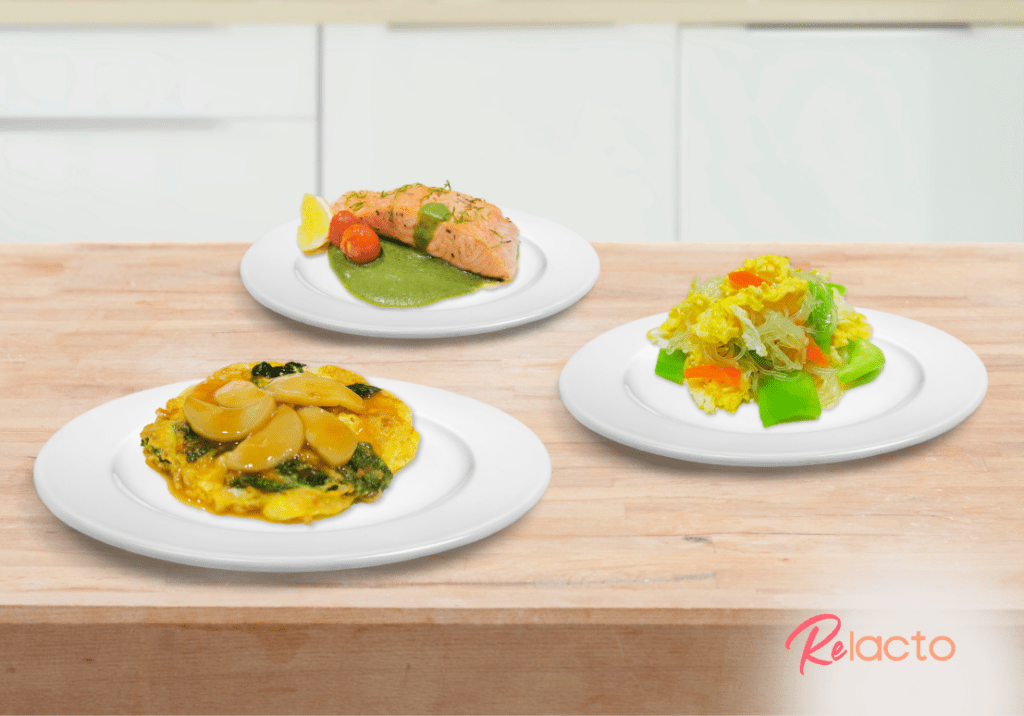
Beyond Postpartum Diet
It is no surprise that the risk of Vitamin D deficiency is also a concern during postpartum, especially in the earlier months after childbirth where both mother and child are mostly homebound for the first 30 to 40 days. Thus, beyond a balanced diet and foods that boost breast milk, having a diet that includes Vitamin D-rich foods is essential.
Such foods are also important to include in our diet even beyond the first 30 to 40 days as more often than not, and mothers do not regularly leave their house much since their baby is still very young. As Vitamin D content in breast milk is dependent on maternal intake, Vitamin D-rich foods which increase breast milk content of Vitamin D, are essential!
In Relacto, we include such Vitamin D-rich foods into our diet such as but not limited to:
- Braised Mushroom With Tofu and Minced Meat
- Basil Omelette Top With King Oyster Mushroom
- Pan Seared Salmon Fillet, Orange Mustard
- Fish Soup With Tofu
- Mushroom Fungus Chicken Soup
- Mint and Lemon Marinated Salmon
- Stir-Fried Snake Gourd With Egg
Boosting breastmilk in Vitamin D is as important as supporting mothers with their breast milk supply!

